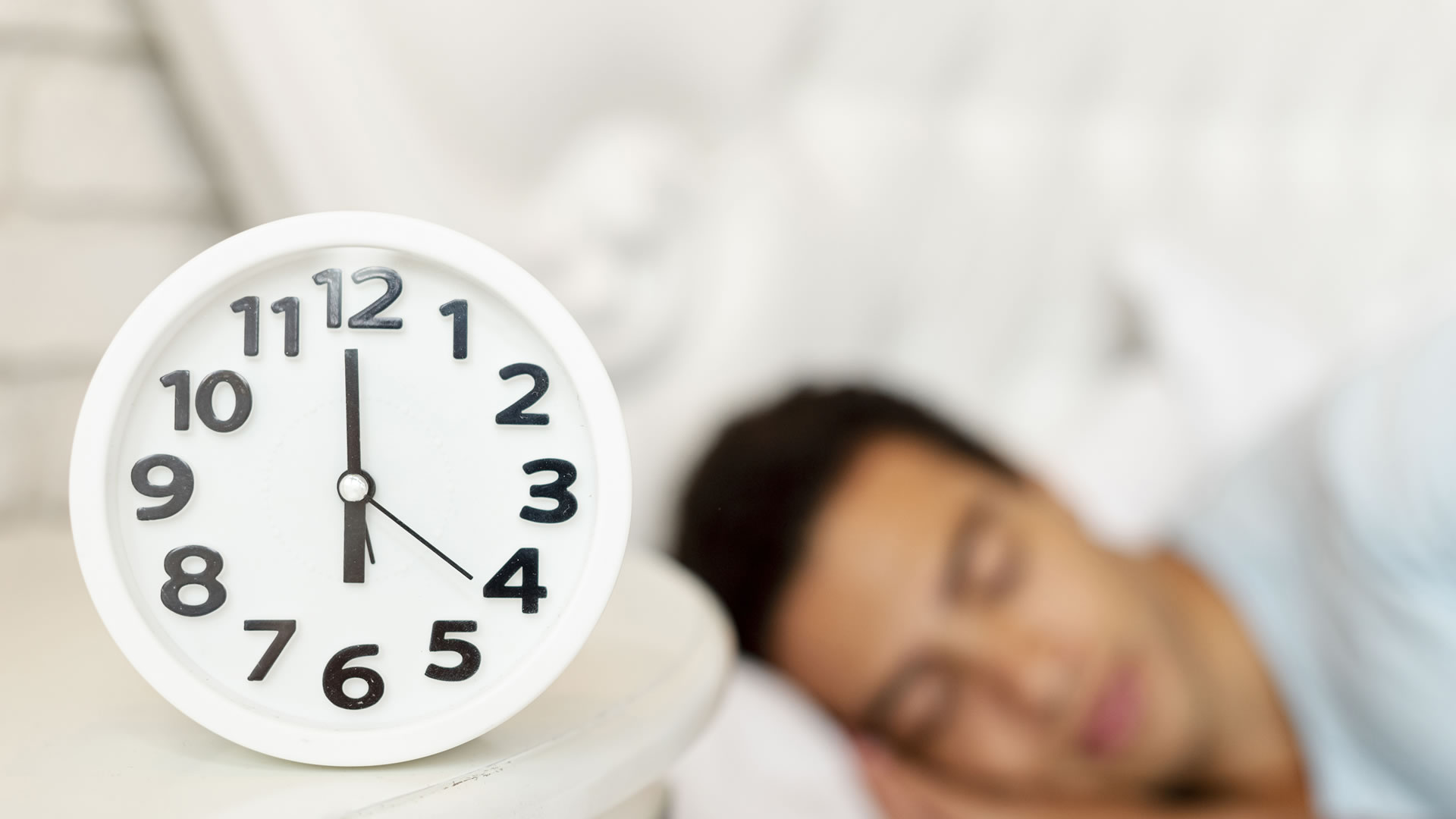9 facts for a BETTER sleep!
Have you ever had to stay up late, or go on without sleep for a day or two? In our society hours of study, work, transportation, and so on could lead to different difficulties for a good sleep. (If you want to know how is the quality of your sleep you can answer the following test). But don´t worry! There are some aspects that can help you improve your sleep quality and time.
Schedule. Try to go to sleep and wake up at the same time. This helps your body and hormonal cycle to rest more easily and that can help you to wake up without problems the next morning.
Diet. The way you eat 6 hours before bedtime can significantly change the quality of your sleep.
- Avoid drinking alcohol 2 hours before bedtime.
- Avoid caffeine 6 hours before bedtime, this means no coffee, tea, or lots of sodas, as well as chocolate.
- Avoid heavy, spicy, or sugary foods 4 hours before bedtime.
- A light snack before bedtime is acceptable, as it is also not a good idea to go to bed hungry.
Exercise. It is important for you to work out in your daily routine so that your body can learn to relax after experiencing muscle tension. However, it is not advisable to do it two hours before going to bed because it can activate your body too much and make it difficult to fall asleep.
Temperature.
- Sleep naked or wear comfortable, cool cotton pajamas that allow your body to have an optimal temperature at night.
- It is better to feel cool and even a little bit chilly than too hot when sleeping. However, no extreme temperature is comfortable for the body and that may cause you to wake up several times during the night to uncover yourself or to look for an extra blanket.
Sounds. Try to block out distracting sounds in your bedroom or sleeping area. It may work to use white noise recordings to block out other sounds or to use earplugs.
Light.
- Control the light you are being exposed 2 hours before going to sleep, program your electronic devices to avoid white or blue light directly into your eyes because these lights can activate the brain too much and make it difficult for you to fall asleep quickly.
- Avoid light of any kind in your room while you sleep; from the window with open curtains, LED lights from watches, cell phones and computers. If it is impossible to eliminate these lights you can go to sleep with a sleep mask.
Sleeping position.
- If you like to sleep on your stomach, try putting a pillow under your hip which will help you avoid aches and pains in the morning.
- If your preferred sleeping position is on your side, put a pillow between your legs so that your hips are supported.
- If the best sleeping position for you is on your back, put a pillow under your legs to help support your back in bed.
Bed. Pay attention to the pillow and mattress you use, it's not just a matter of whether they are soft or too strong. Try to notice how you feel more comfortable because only you can decide what is best for you. For the pillow, keep in mind that if it is too flat your head may end up tilted upwards and generate discomfort. Also, if your pillow is too thick your head may end up arched at night which will generate pain and sprains.
Routines.
- Keep your bed only for sleeping and having sex. This way, you will avoid associating your bed with activities such as studying, working, or other forms of general recreation.
- Have a bedtime routine that you repeat every night to prepare yourself mentally and physically. It can be turning off the TV and cell phone, brushing your teeth, washing your face, putting on your pajamas, preparing your clothes for the next day, packing your lunch box, lighting a lavender candle, listening to a relaxing recording, putting on your mask, earplugs and lying down in your bed. Build the routine that fits you best.
References. Garcia, S.J., Navarro, B., (2017). Higiene del sueño en estudiantes universitarios: conocimientos y hábitos. Literature review. Revista Clínica de Medicina de Familia. 10(3). Online version ISSN 2386-8201 Granados, A. (2018) Los 10 mandamientos de la higiene del sueño para adultos (By the world sleep society). Retrieved from https://www.elsevier.com/es-es/connect/actualidad-sanitaria/los-10-mandamientos-de-la-higiene-del-sueno-para-adultos-por-la-world-sleep-society
Créditos
 |
Foto tomada de Freepik - www.freepik.es |
| Autora: Paula Andrea Pineda - DECA de Estudiantes Traducción: Laura Victoria Villamil |
